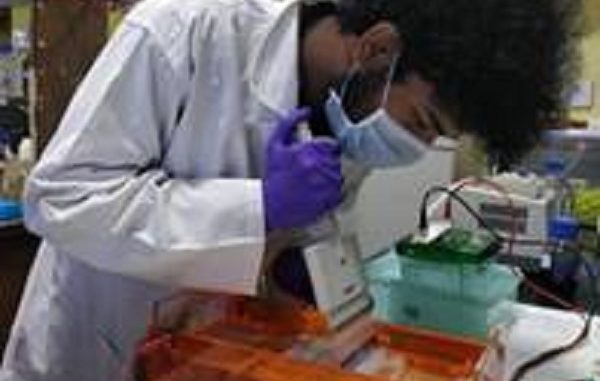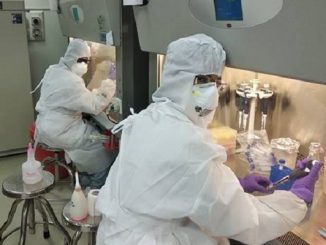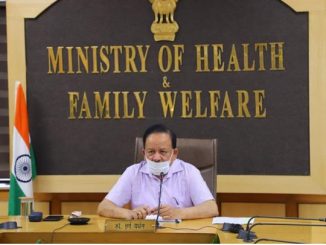
June 11: The Indian Council of Medical Research (ICMR) has recommended only a reverse transcription-polymerase chain reaction (RT-qPCR) tests for novel coronavirus testing. Researchers at the Centre for Cellular and Molecular Biology (CCMB) have developed a new low-cost and low-tech required test for SARS-CoV-2 testing. This test is known as reverse transcription nested PCR (RT-nPCR) test.
This test does not require real-time quantitative RT-qPCR. The RT-nPCR developed by the CCMB research team has shown comparable performance to the standard RT-qPCR test. The nested PCR (RT-nPCR) approach does not depend on RT-qPCR but uses standard RT-PCR as part of an endpoint assay.
In the course of comparing the results of both tests, researchers found that the standard RT-qPCR test can have low detection efficiency (less than 50%) in a real testing scenario, which may be due to low viral representation in many samples. This finding brought home the importance of monitoring detection efficiency directly in test environments.
“We developed and tested an RT-nPCR protocol comprising a multiplex primary RT-PCR for amplification of four SARS-CoV-2 amplicons and a control human amplicon followed by a secondary nested PCR for individual amplicons. We also examined the use of RT-nPCR in pooled testing and in direct amplification without RNA isolation,” said Dr Rakesh Mishra, Director, CCMB, while speaking with India Science Wire.
The RNA isolated from nasopharyngealswab samples that had been previously tested using one of the two RT-qPCR tests was examined using RT-nPCR and the results were compared. It was found that taking both standard RT-qPCR tests together, the RT-nPCR test was able to identify 90% of the detected samples as positive by RT-qPCR. It also detected 13% samples as positive among samples that were negative by the standard RT-qPCR test (likely false negatives). Based on the experimentally measured false negative rate by RT-nPCR tests from this study, it was estimated that as many as 50% of positive samples may escape detection in single pass testing by RT-qPCR in an actual testing scenario.
“This new test is awaiting approval from ICMR. We might ask ICMR to use this test in those places where there are no RT-qPCR machines,” remarked Dr Mishra.
Source: PIB
Disclaimer: We donot claim that the images used as part of the news published are always owned by us. From time to time, we use images sourced as part of news or any related images or representations. Kindly take a look at our image usage policy on how we select the image that are used as part of the news.


